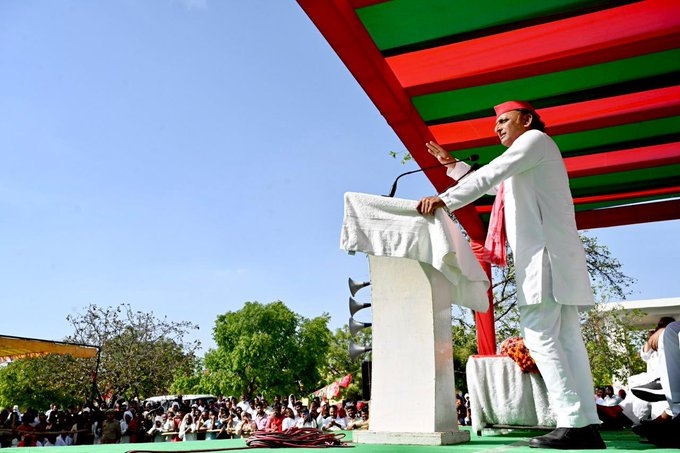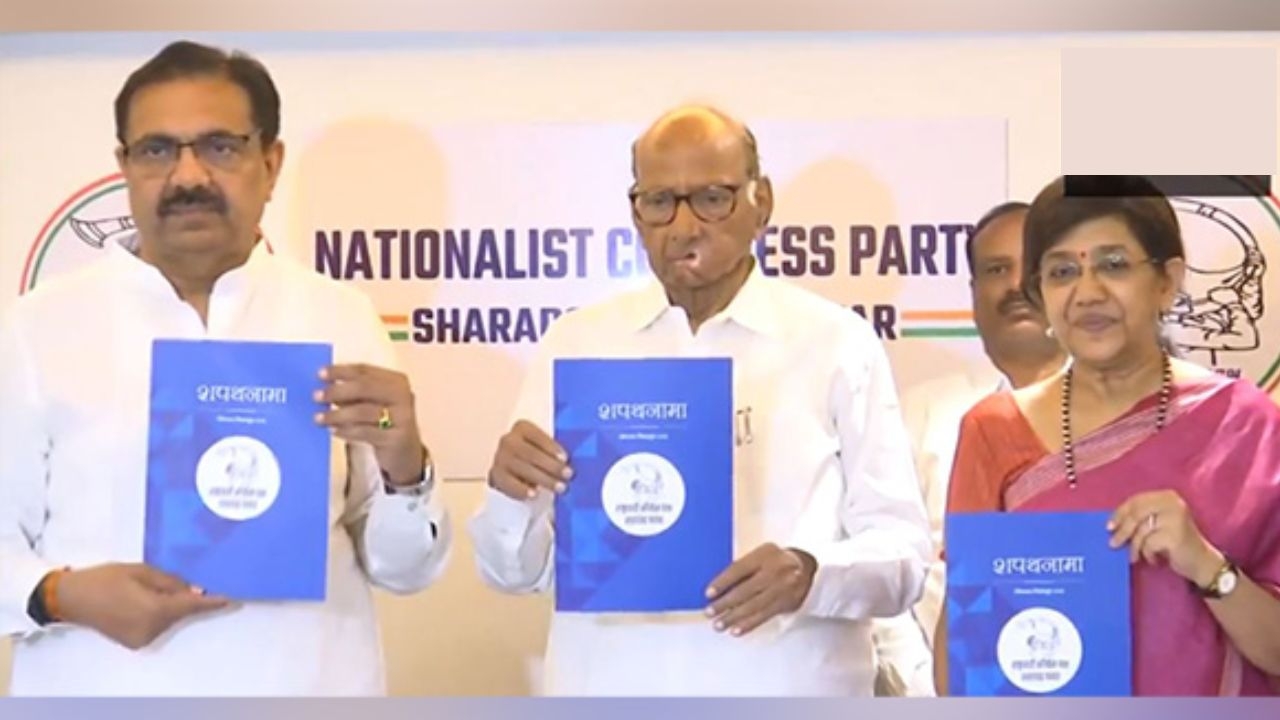Direct Benefit Transfer: More chaos than benefit in Jharkhand pilot
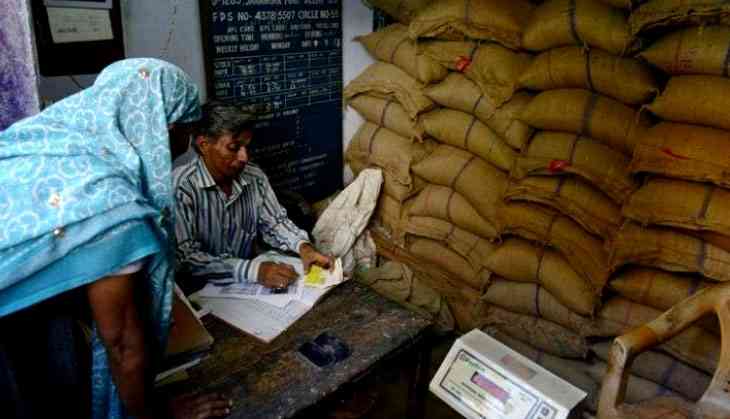
Agni Linda is greatly inconvenienced by a pilot project for 'Direct Benefit Transfer' (DBT) of food subsidy introduced in her block – Nagri in Jharkhand. She now have to repeatedly visit the bank branch to inquire whether the cash in lieu of her ration has been transferred to her account. With a small child, it has turned out to be an ordeal – it now takes up to a week to collect the money and then purchase foodgrain.
To top, her family hasn't received any transfer since January. It is understandable why Agni prefers the earlier days when the local ration shop would dispense rice for Re 1 a kilogramme.
The pilot was launched last October. The subsidy is calculated at Rs 31.60 a kilo of foodgrain (under the National Food Security Act). Ration cardholders can then buy rice from the outlet for Rs 32.60/kg.
The ordeal
A recent survey of 244 randomly selected households across 13 villages of Nagri underscores the hardships citizens face in withdrawing cash subsidy. Most households have multiple bank accounts – an average 3.4 – thanks to the rush to meet Jan Dhan Yojana targets. There is no rule about which account is to be used and 95 per cent of the sample households were not informed about which account was credited. For 70 per cent respondents, visiting the bank was the only way out.
Even after the subsidy is transferred, there is no guarantee people would get it then and there. Often they are sent off to the local Pragya Kendra to withdraw their subsidy, presumably to reduce the workload and crowd at bank branches.
Business Correspondents at Pragya Kendras operate a hand-held device to ascertain people’s identity through Aadhaar-based biometric authentication. Any disruption in internet connectivity means repeated trips to the Kendras, an average 4.3-4.5 km away from respondents’ houses.
Many end up spending on transportation to access the facility. Those who can't are forced to walk. The elderly, those with disabilities and those living by themselves are hit the hardest.
On an average, the surveyed households spent 12 hours to withdraw their last DBT installment and purchase rice from the ration shop. Missing work to queue at the bank or Pragya Kendra is not uncommon. Wages foregone in this process add to the opportunity costs of accessing the DBT subsidy.
For some households, the cash is deposited in children’s accounts. Many such children have to skip school to be taken to the Pragya Kendra due to the mandatory requirement of Aadhaar-based biometric authentication.
Subsidy credit and withdrawal failures
Despite repeated trips to the banks and Pragya Kendras, on average the surveyed respondents received only about half of the four DBT instalments due to them from October 2017 to January 2018. As a result, the mean number of monthly rice purchases from the ration shop in this duration was only 2.5. Cash transfers through the 'Public Finance Management System' (the online application of the central government through which several social security payments are now routed) get rejected for several ration cardholders. Such households are supposed to receive rice at the rate of Re 1/kg from the ration shop.
Ration dealers are required to maintain lists of cardholders whose DBT subsidy is transferred to their bank account but who fail to purchase their PDS rice. Such households are issued notices from the local administration which threaten discontinuation – and even recovery – of their DBT subsidy.
This has created a climate of fear in Nagri. Many households that are unable to withdraw their cash subsidy spend Rs 32.60/kg from their pocket to buy rice from the ration shop. This makes a mockery of their right under the National Food Security Act – instead of receiving subsidised foodgrains, they are forced to pay much more than the local market price to purchase rice.
As per the National Food Security Act, those who do not receive their food rations are to be compensated with a ‘food security allowance’. The rules framed for this purpose require state governments to pay the allowance within three weeks of the month in which the entitlement is denied. Despite the large scale on which ration cardholders of Nagri are unable to purchase rice from the Public Distribution System (PDS), the Jharkhand government is yet to initiate a process to compensate such households.
Desirability of the “DBT for food subsidy model”
There is no clear advantage of Nagri’s DBT pilot over the earlier PDS model. The Jharkhand government has already made Aadhaar-based biometric authentication mandatory across the state to prevent identity fraud. Neither DBT – nor Aadhaar for that matter – can prevent PDS dealers from giving less than the entitled quantity of food rations or overcharging for the distributed commodities.
Most ration shops in Jharkhand are operated by private dealers, who have little accountability towards the ration cardholders. De-privatisation of ration shops in favour of their collective management is likely to be more effective to reduce quantity fraud.
When the state food minister was asked about the objective of the Nagri pilot, he could only say that nowadays there is a “fashion” of DBT and that other states have also initiated similar experiments.
The only other state that has tried the “DBT for food subsidy” model for which any information is available is Chhattisgarh. In 2015, a similar pilot was implemented in six ration shops across three cities of the state, but only for a period of four months.
A survey of two pilot ration shops of Raipur found that 20 per cent of the cardholders never received the DBT subsidy in their bank account. Seventy per cent of those who received the cash did so with long delays. As a result, only 20 – 56 per cent of the surveyed households – could purchase their PDS rice in the first three months of the pilot. Ninety-six per cent of the respondents preferred the earlier system of purchasing rice at Re 1/kg from the ration shop.
In Nagri, 97 per cent of the surveyed households opposed the DBT pilot. A series of protests against the experiment has taken place over at the block and district headquarters. Even though the government does not dispute the inconvenience caused to Nagri’s ration cardholders, it is unwilling to roll back the pilot. The fate of the block’s PDS remains to be seen. Much will depend on how political parties, people’s organisations and people of Nagri continue to agitate.
The author works on social policy in Jharkhand.
First published: 10 April 2018, 19:28 IST
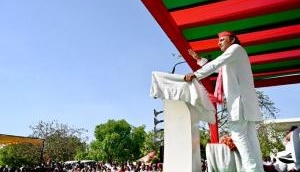
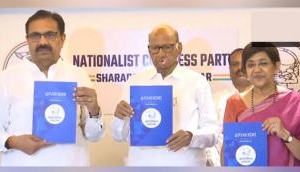
_251372_300x172.jpg)
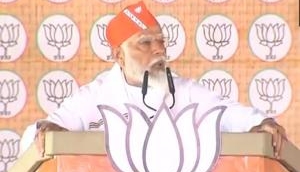
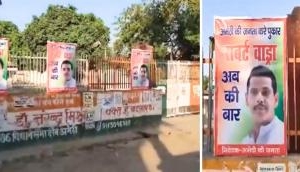
![BJP's Kapil Mishra recreates Shankar Mahadevan’s ‘Breathless’ song to highlight Delhi pollution [WATCH] BJP's Kapil Mishra recreates Shankar Mahadevan’s ‘Breathless’ song to highlight Delhi pollution [WATCH]](http://images.catchnews.com/upload/2022/11/03/kapil-mishra_240884_300x172.png)

![Anupam Kher shares pictures of his toned body on 67th birthday [MUST SEE] Anupam Kher shares pictures of his toned body on 67th birthday [MUST SEE]](http://images.catchnews.com/upload/2022/03/07/Anupam_kher_231145_300x172.jpg)


